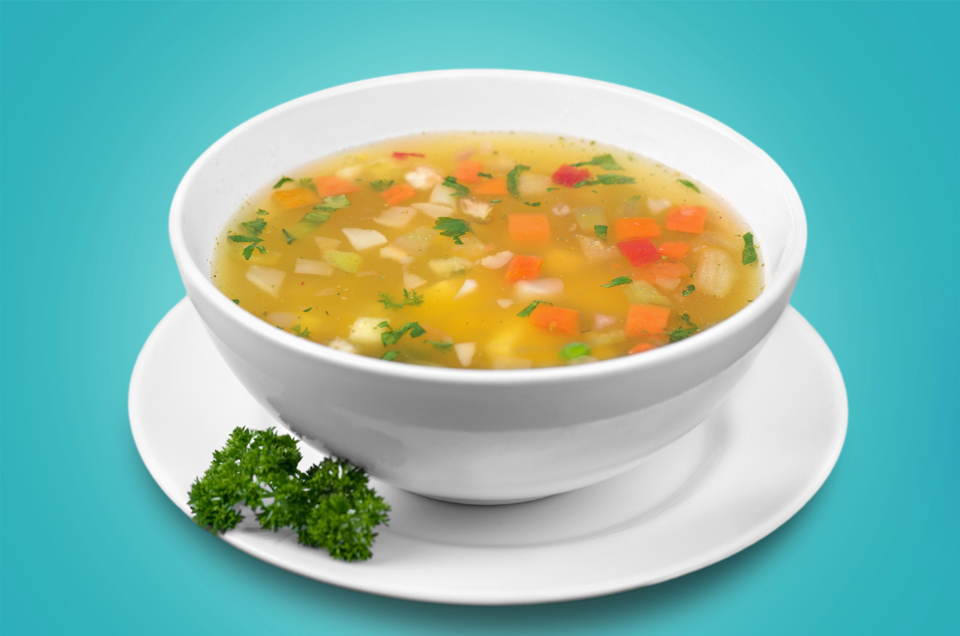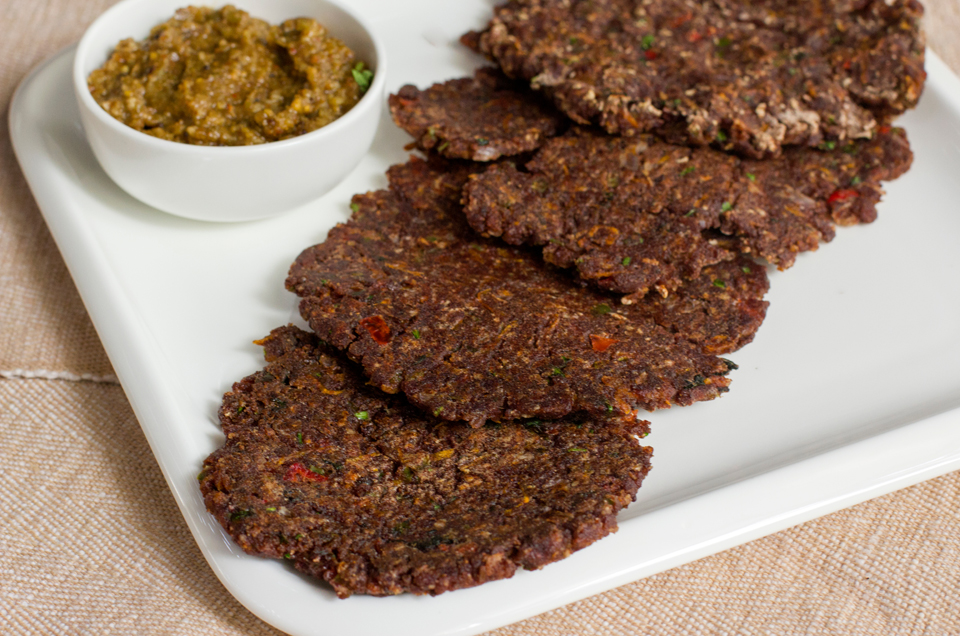Wake up time: 8 am Bathing & Grooming: All in a hurry (expensive clothing and deodorants will take care of the rest) Breakfast: Where's the time; I am already late! In office: Always in front of the computer; I do take occasional breaks to smoke or have a sip of tea Lunch: I love binging on the junk stuff available in the cafeteria - burgers, samosas, pizzas, wafers, soft drinks, and more. And by the way, I have my lunch after 4 pm - busy with work you see! Evenings: Yet another fag and a cuppa coffee! I need to stay alert; got a deadline to finish. Dinner: In office of course! Let me see... may be some more pizza. Back at home: 10 pm Family time: My favorite TV show is about to begin; can't miss it. My family understands that after a long day at work I need some 'me time'. Going to Bed: After 12 midnight
According to Ayurveda, one of prime causes of disease is 'misuse of intelligence' (Pragyaparadha). Despite being the most intelligent race on the planet, human beings often do not use their intelligence in basic situations concerning their own body and health. This is especially true in the case of youth, who consider health to be something that needs to be paid attention to at later stages of life! After all, aren't career, ambition and money more important right now?
The renowned Greek philosopher, Aristotle once said, "Good habits formed at youth make all the difference." The habits formed in youth have a lasting impact on our life and often define our productivity and success in later stages. If you can adapt healthy eating and lifestyle habits in your youth, there will be no need to spend exorbitantly on treating chronic diseases in the old age.
But, I love my 'cool' lifestyle! Why should I let Ayurveda change it?
The youth is generally characterized as ambitious, adventurous, high-tech and time-poor. You work long hours in offices with artificial light and air-conditioning systems, rushing from one mundane task to the next while being bombarded with advertising and constant noise, and absorbing pollution through the air and water. Irrespective of all this, you love this 'cool' lifestyle and would never choose anything else in its place. But then, Ayurveda does not insist on changing your lifestyle; it just propagates the need to be healthy. Let's find out how.
Am I growing older too soon?
Will you be surprised if I tell you that a huge number of young people are suffering from hyperacidity, constipation, cervical problems, obesity, hypertension, diabetes, asthma, and migraine, among other diseases? I guess no. But, if I tell you, many of these diseases were, about a decade ago, mostly associated with people above the age of 40, you will be forced to ask yourself - Am I growing older too soon?
Have you ever thought what is it that makes you so vulnerable to these health problems? You eat the best food available, wear expensive clothes and accessories, have a great career and relationship... everything is going good in your life. But, the one extremely critical aspect of your being that has been ignored for too long is your body. You have seldom had the time to understand what your body really needs to stay healthy, and probably, that's the reason you feel you are aging far too early.
So, what's the solution? First things first, get to know yourself!
How do I get to know myself?
Ayurveda, the world's oldest science of healing, is not just any other form of treatment available in the market. It is 'a way of life' that guides us on how to listen to our bodies and read the signals of distress to maintain good health and make our lives more balanced, productive and contented.
Ayurveda stresses a balance of three elemental energies or humors: Vata (Air), Pitta (Fire) and Kapha (Water). These regulatory principles, known as Doshas, define an individual's Prakriti or Nature. They are important for health, because when they are in balanced state, the body is healthy, and when imbalanced, the body has diseases.
The first step to knowing yourself is finding out your Dosha. The easiest way of doing this is by taking our body type test, known as the VPK Test.
Now that I know myself, what do I do about it?
Knowing your Dosha provides you with an understanding of your basic physical nature, and helps you tailor a personal diet and lifestyle that maintains optimum health and peace of mind. Each person has a unique Dosha with unique nutritional needs. Establishing your Dosha enables you to determine suitable diets, exercises and lifestyles to maintain balance. This is the key to maintaining health.
Always remember, to follow Ayurvedic principles, you don't need to reject modern life or live in a grass hut or on a deserted island. We often don't really have a choice, and we shouldn't have to forfeit the advantages of modern life simply because it has so many disadvantages. Instead, we can utilize this discipline to learn how to identify imbalances in our body. We can also learn what to do in order to reverse such disturbances and stabilize our body and mind. Ayurveda should be integrated into our lives to attain health, happiness and peace.
Contact Jiva if you need help
If you have a health problem and want to seek help from Ayurveda, call the Jiva TeleMedicine Center at 0129-4040404 (only for patients in India) or write to us at info@jiva.com for a free health consultation from an Ayurvedic doctor.





 Prev
Prev





























